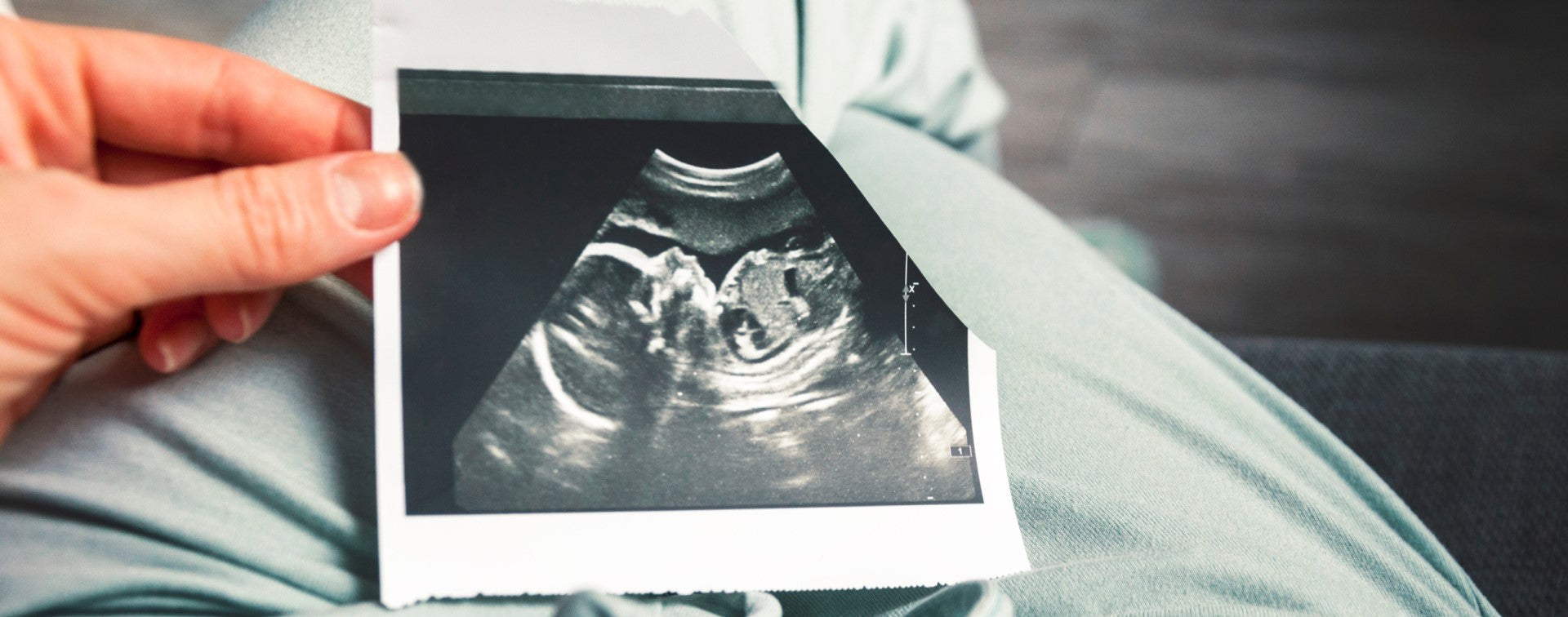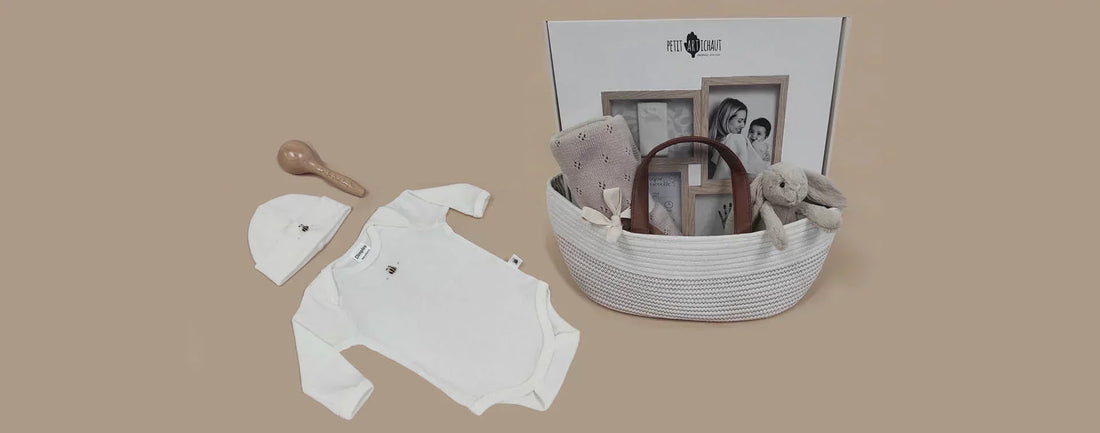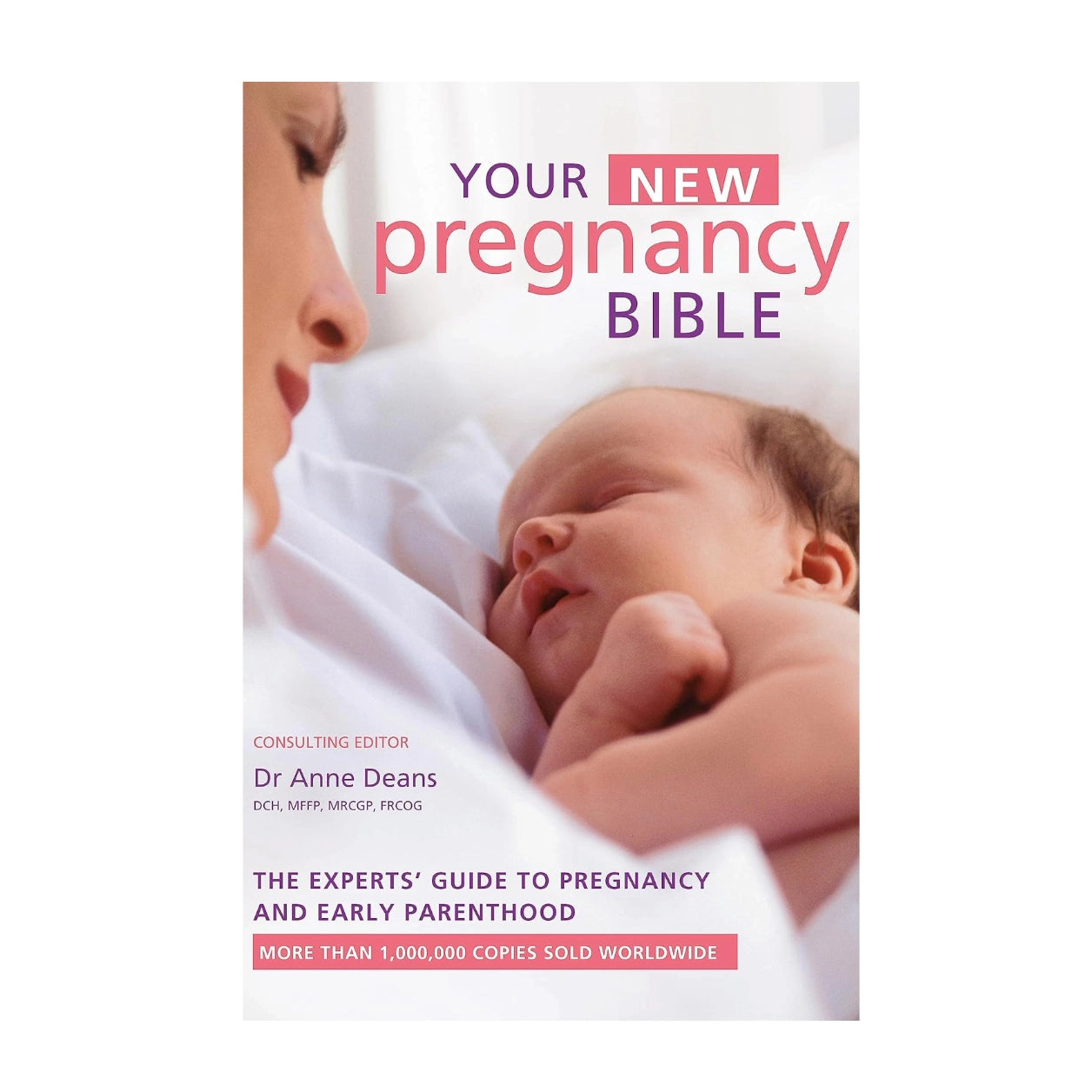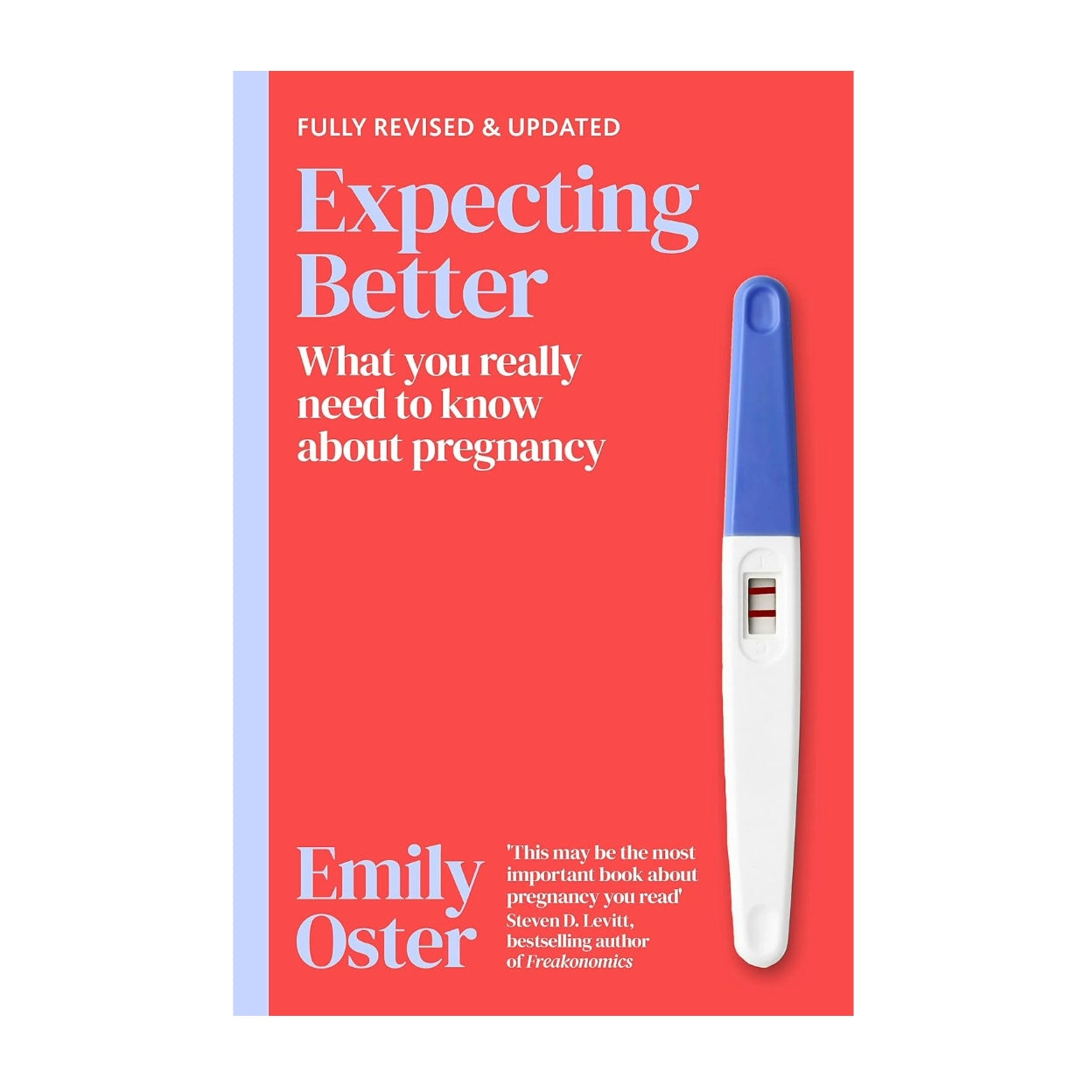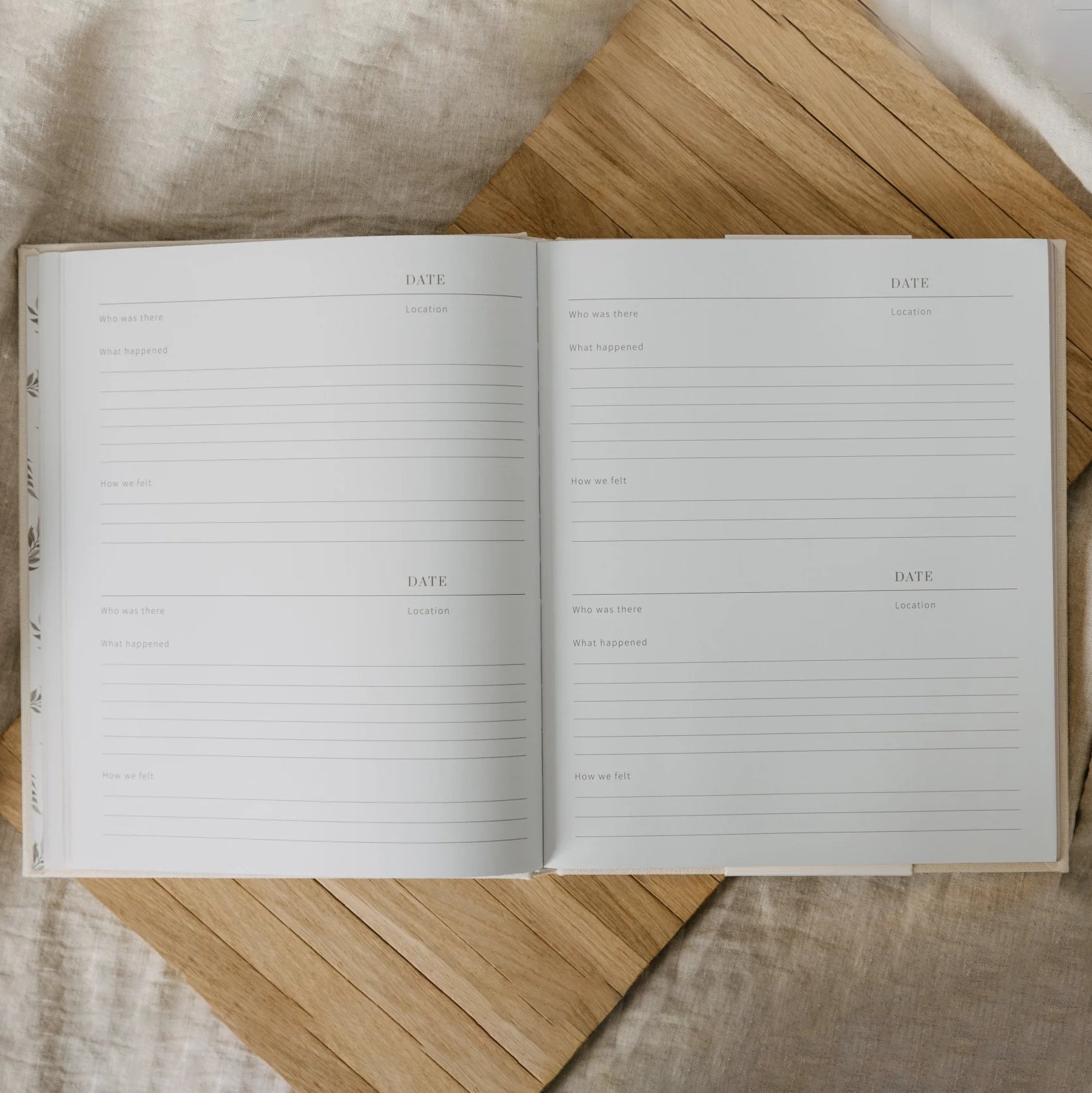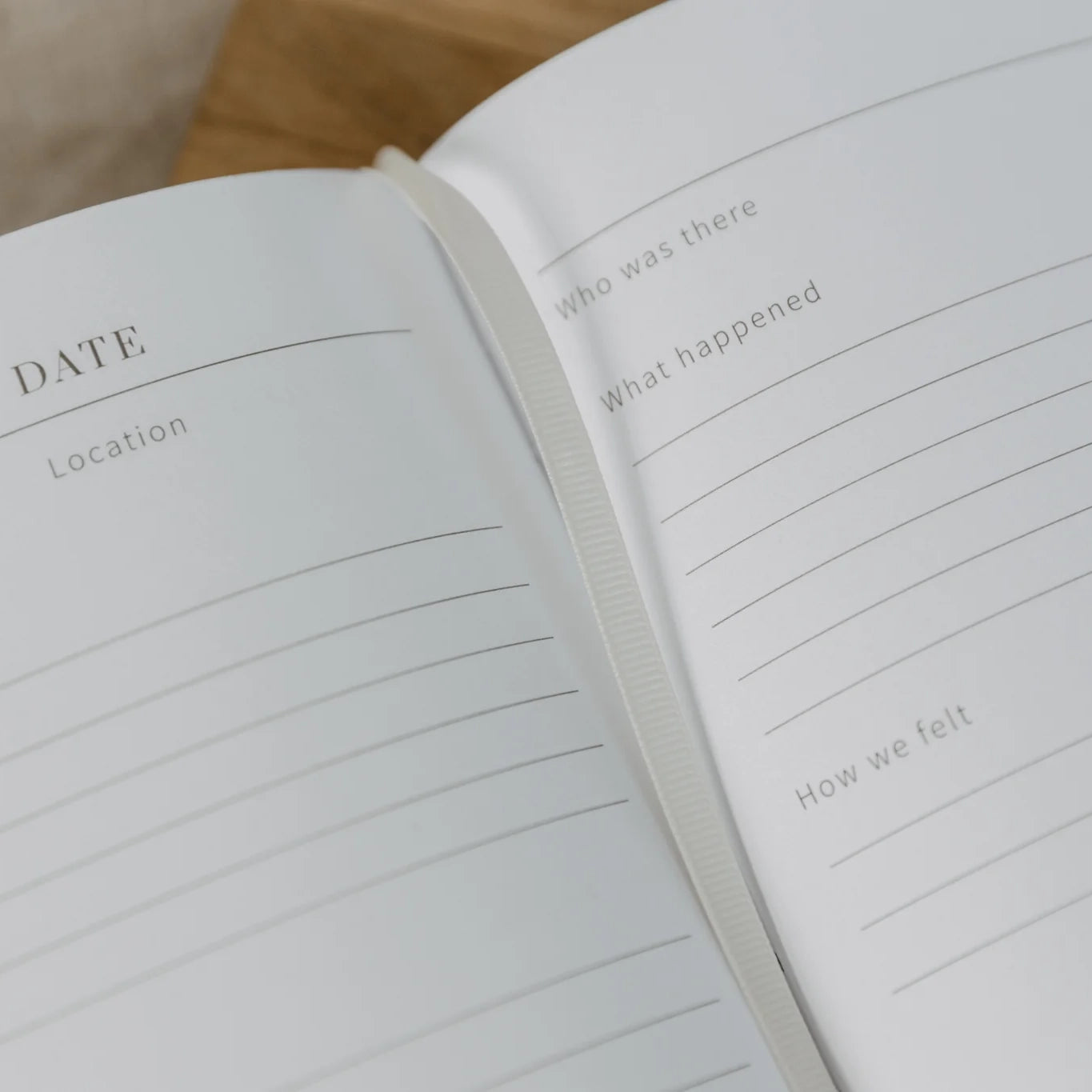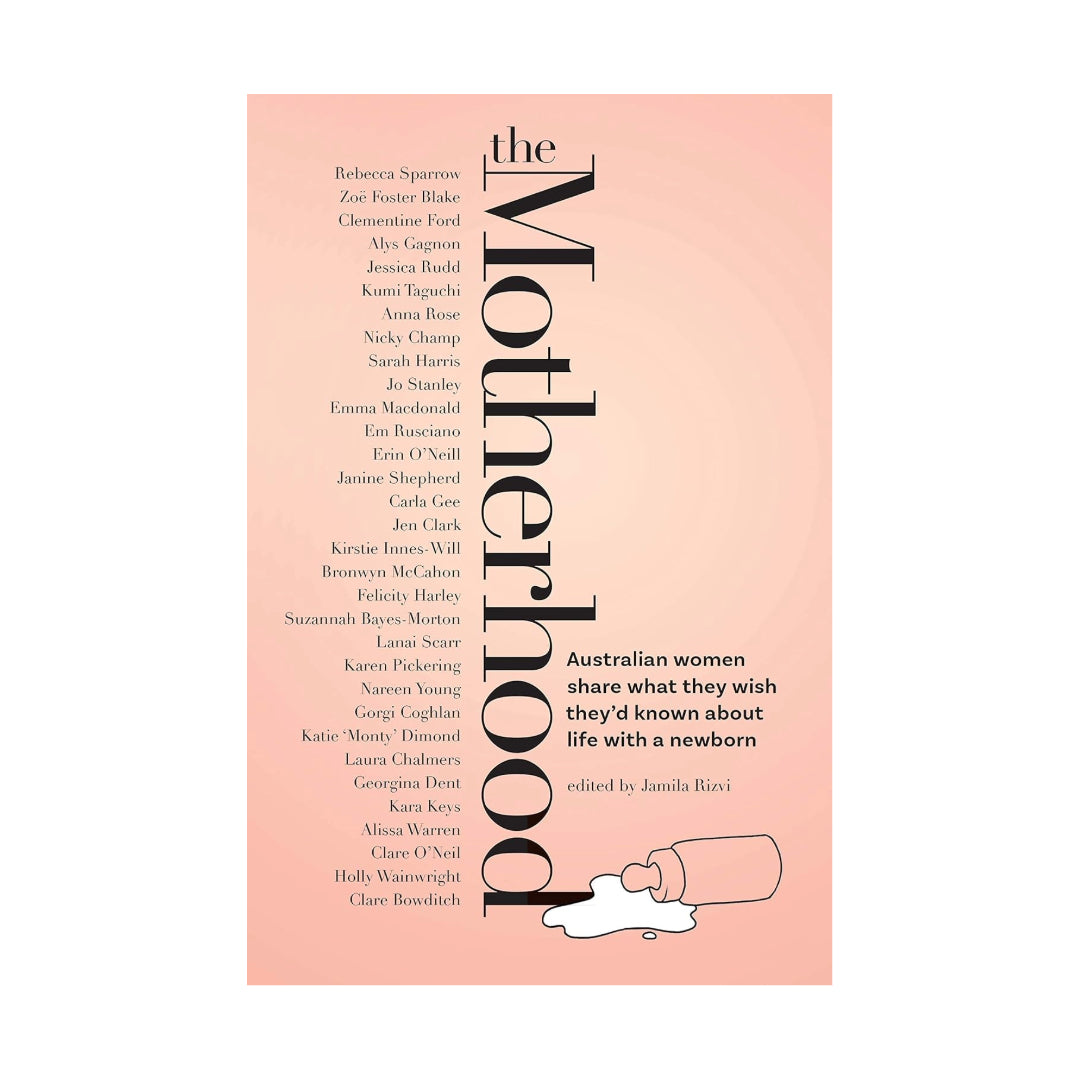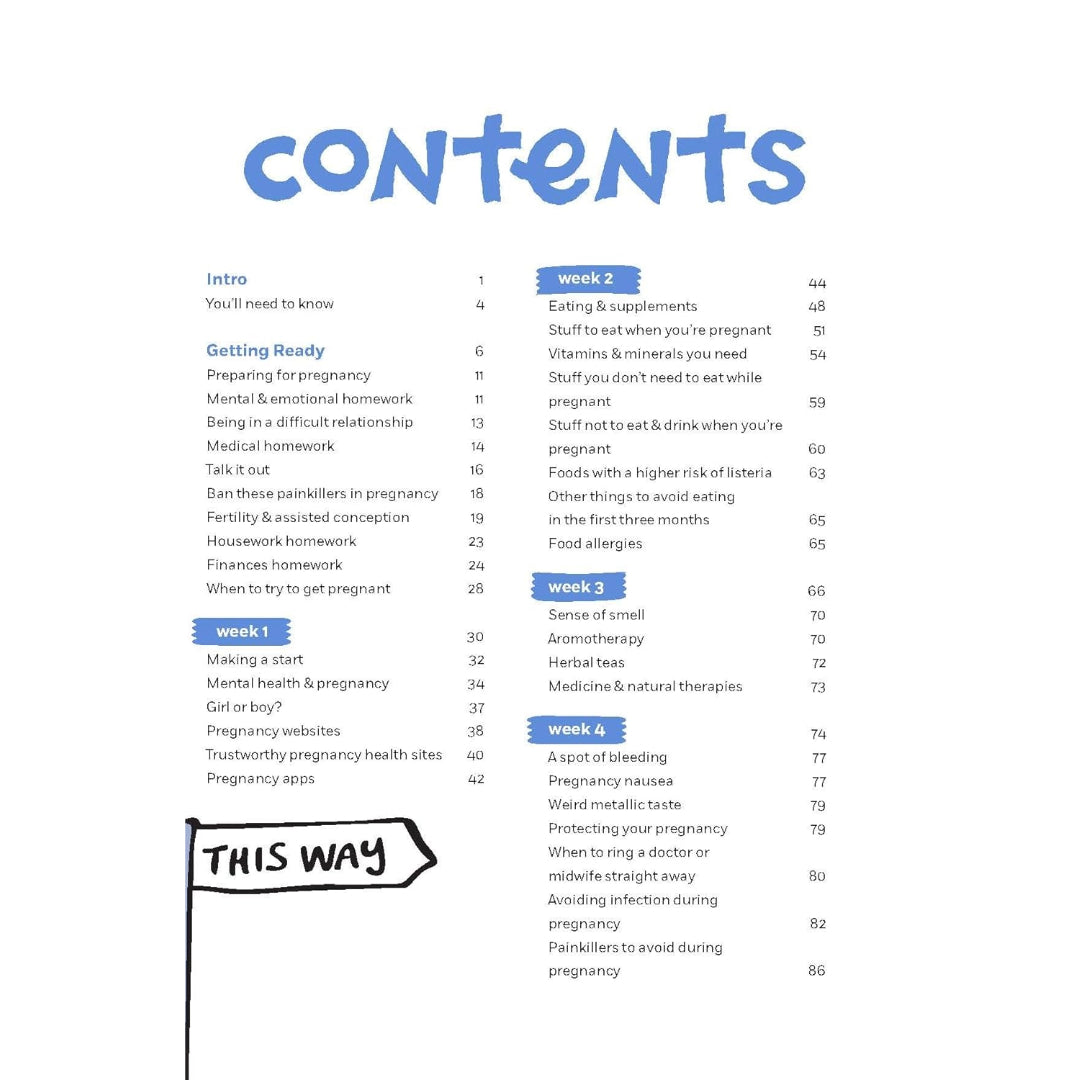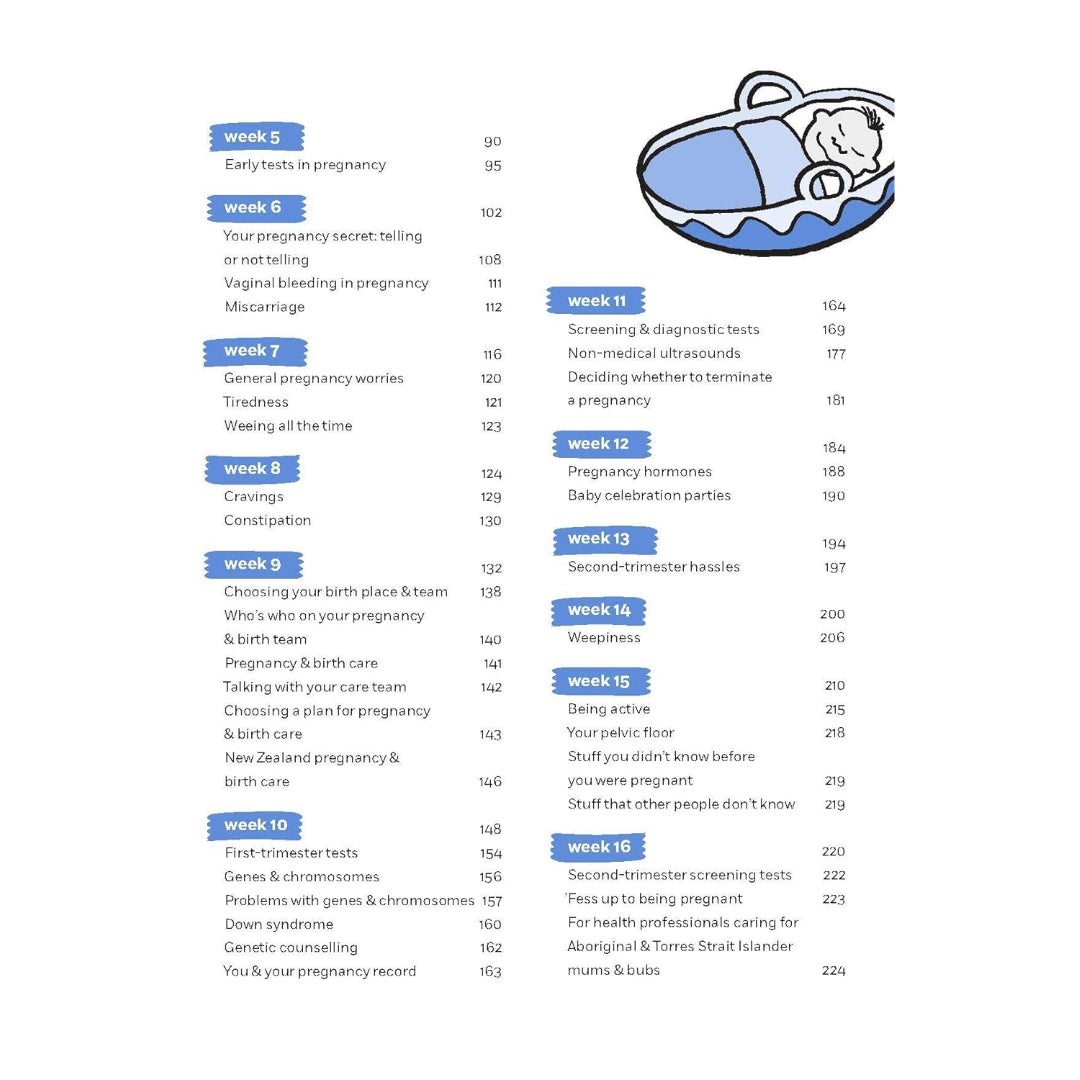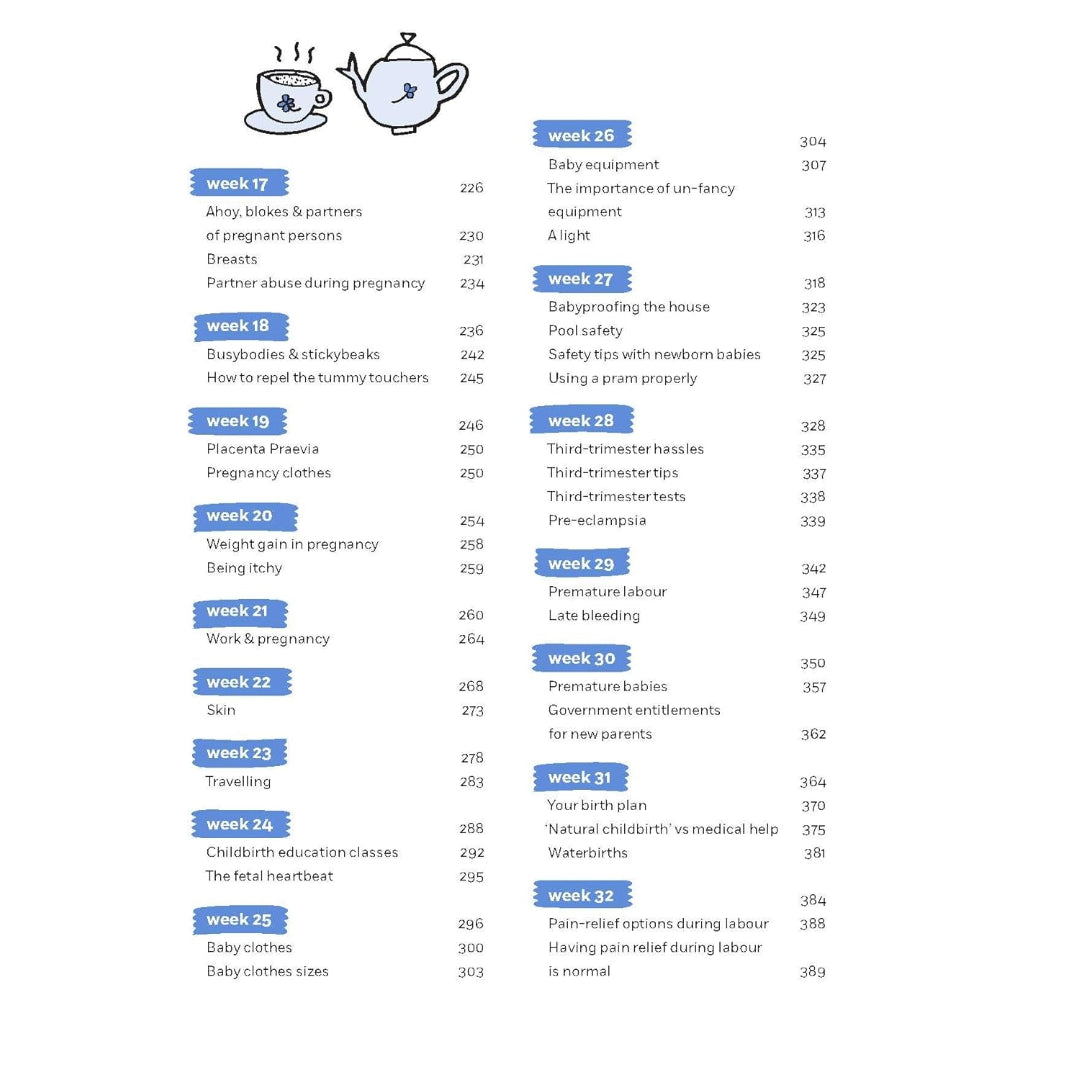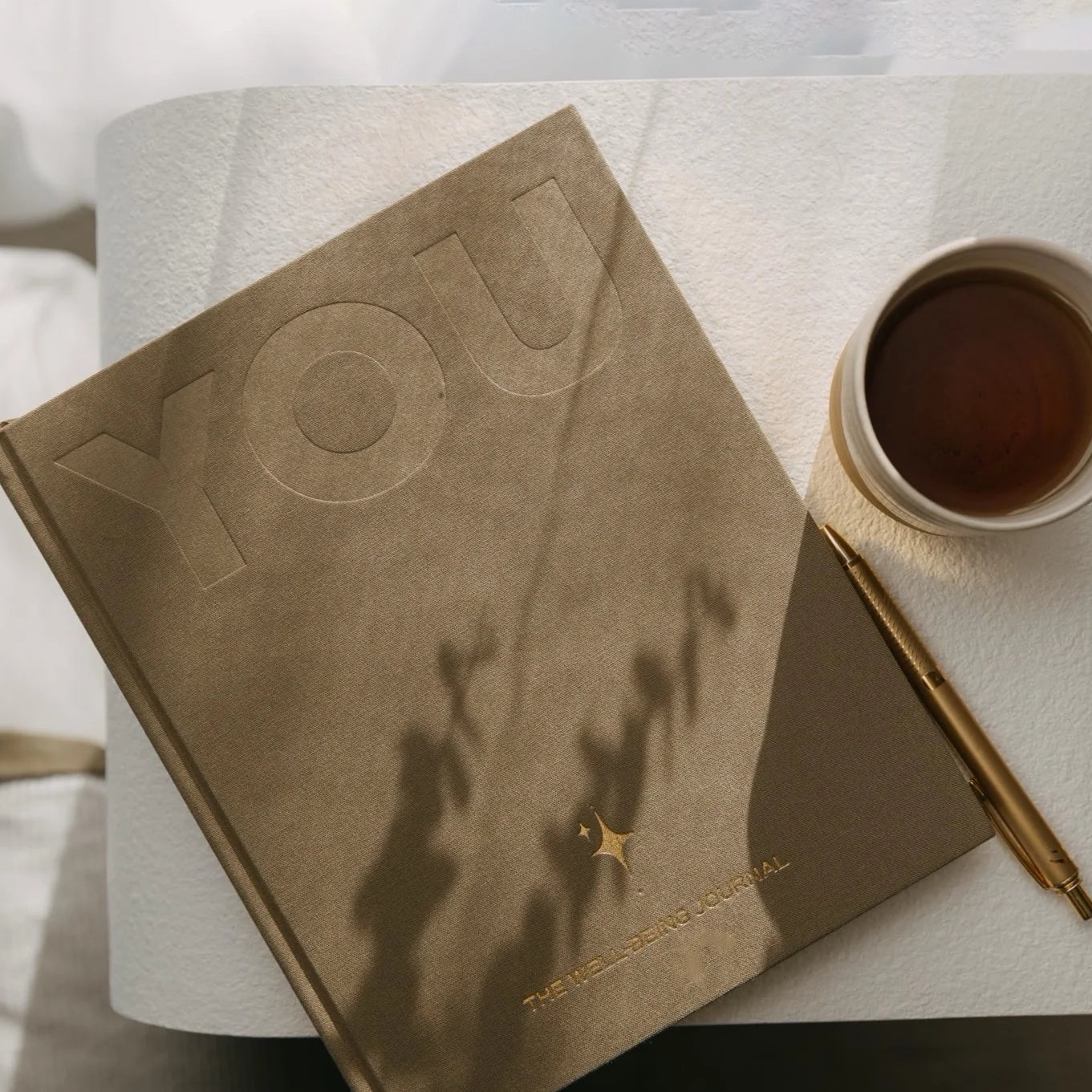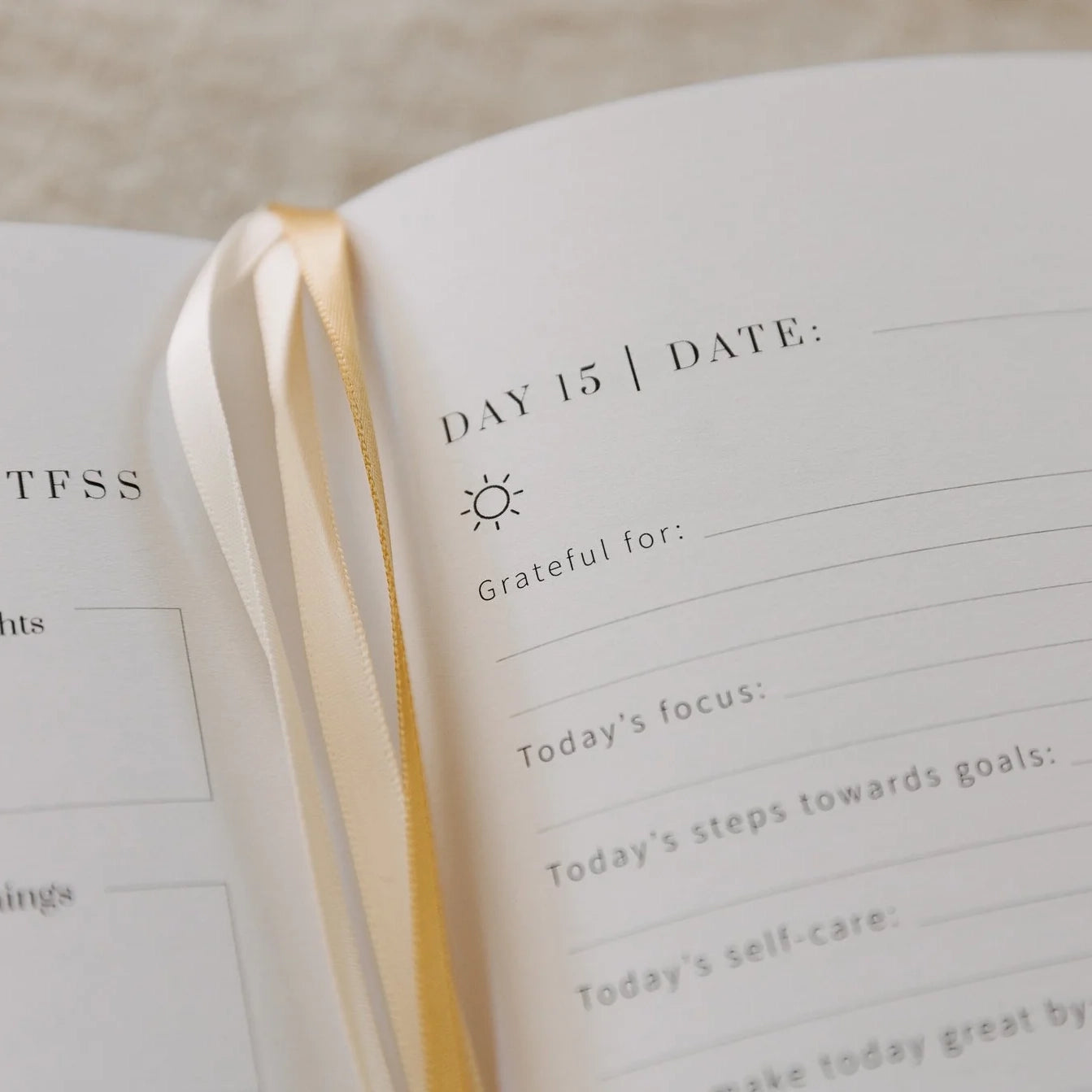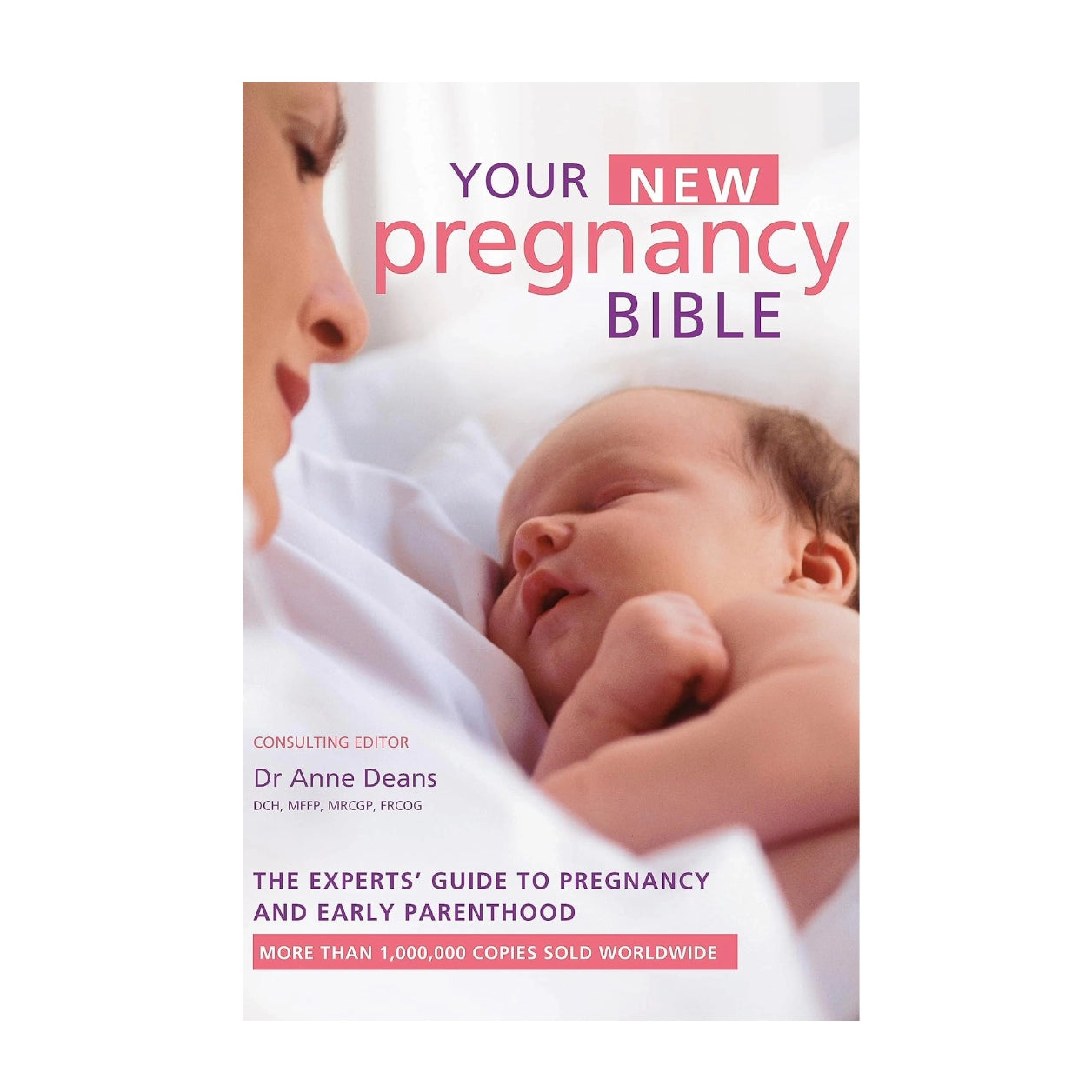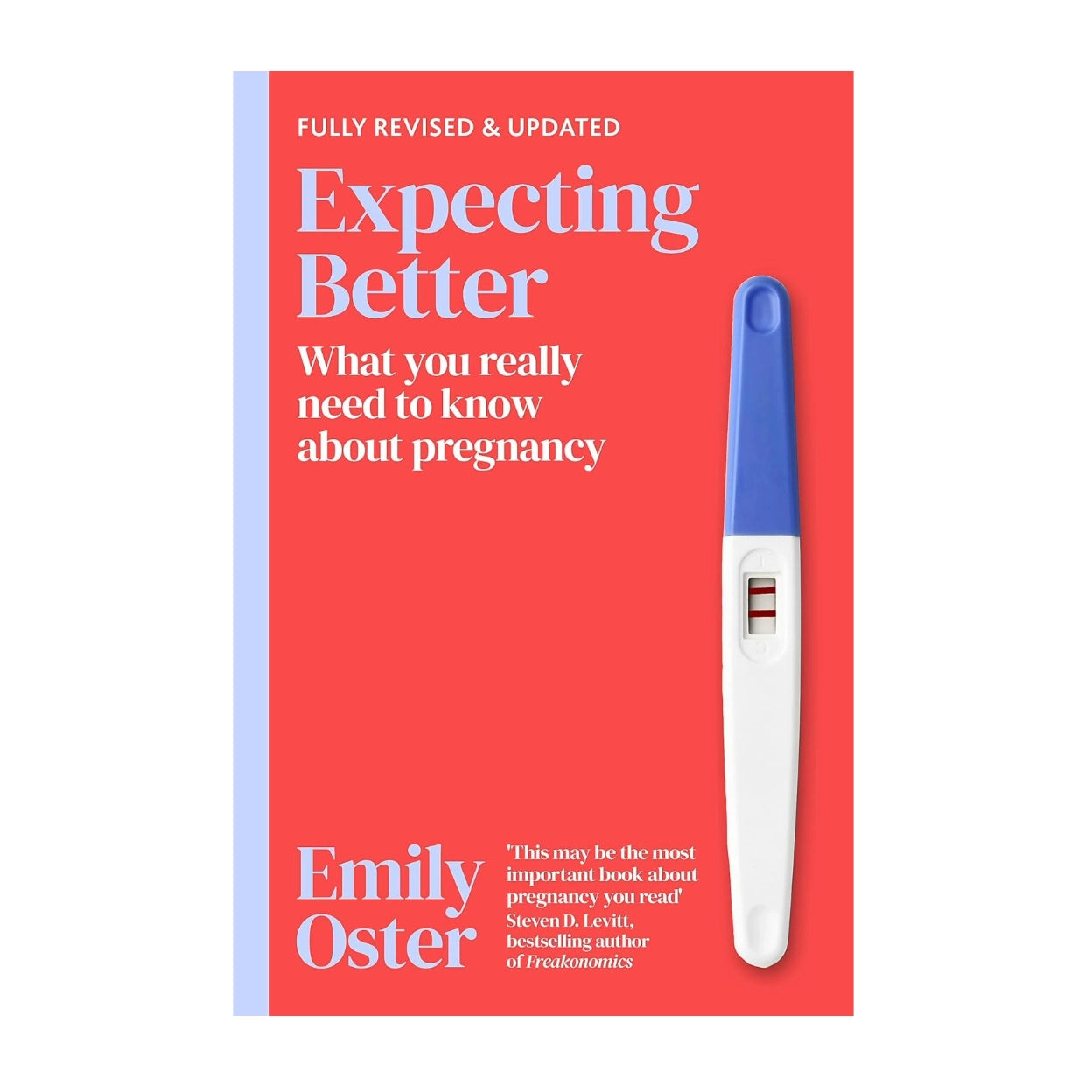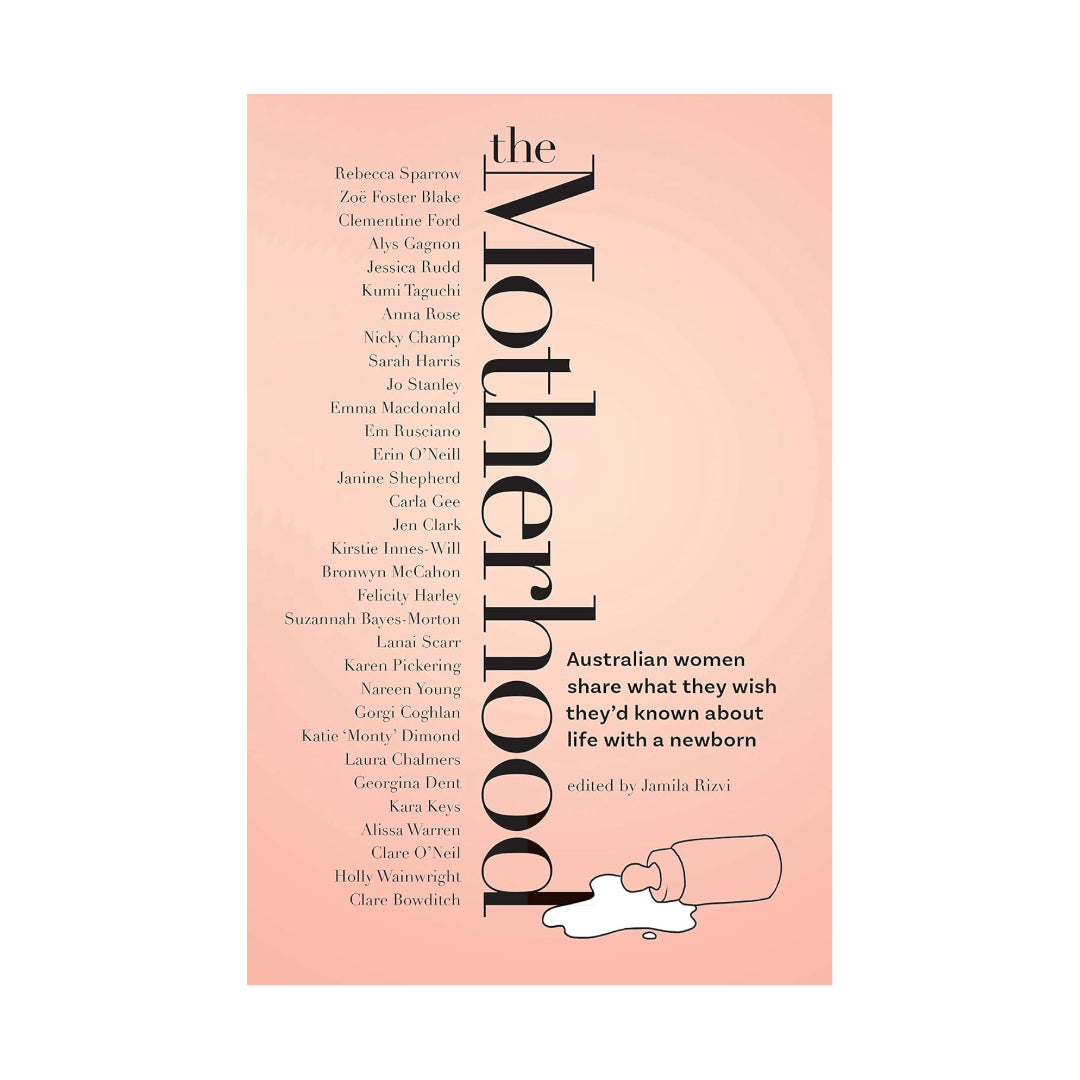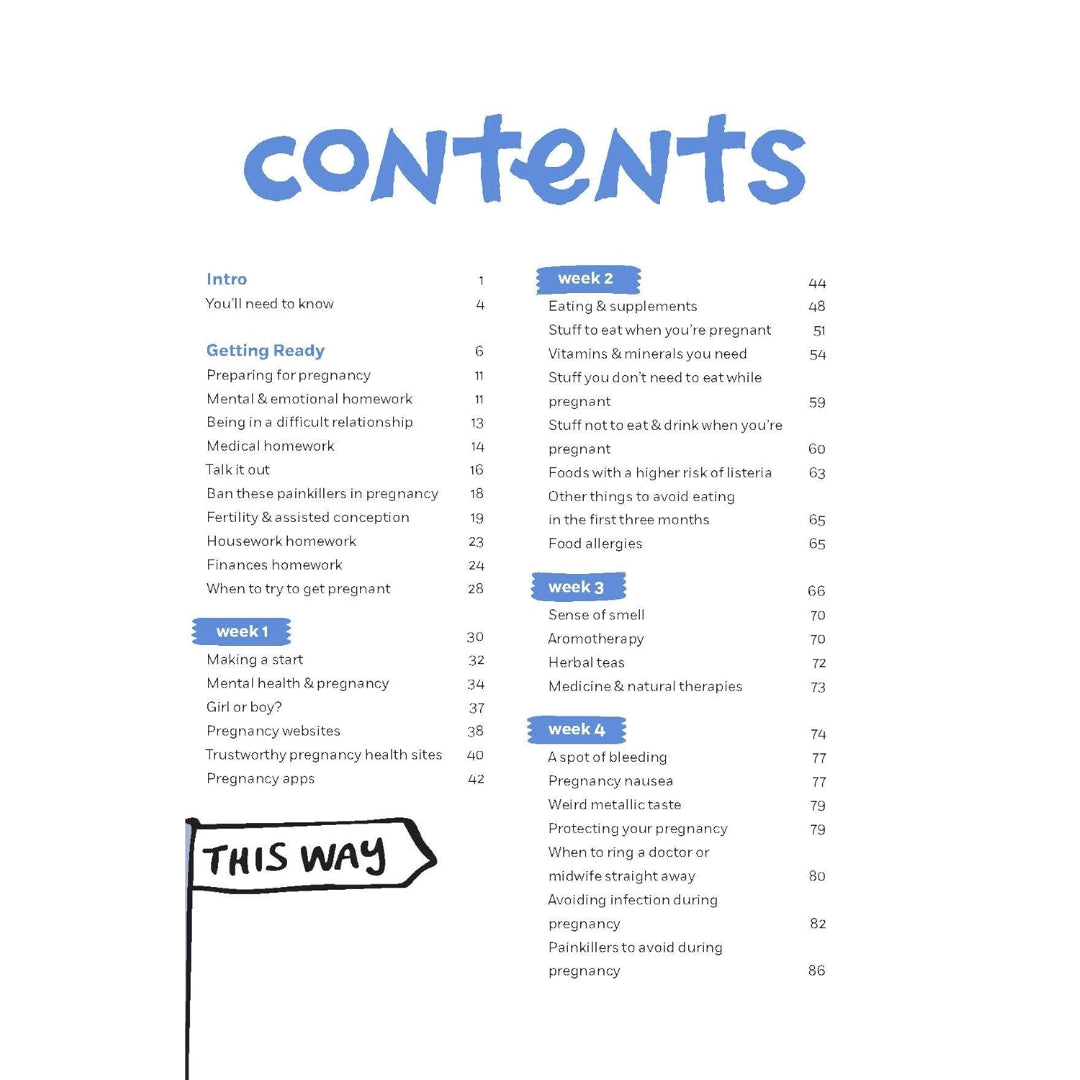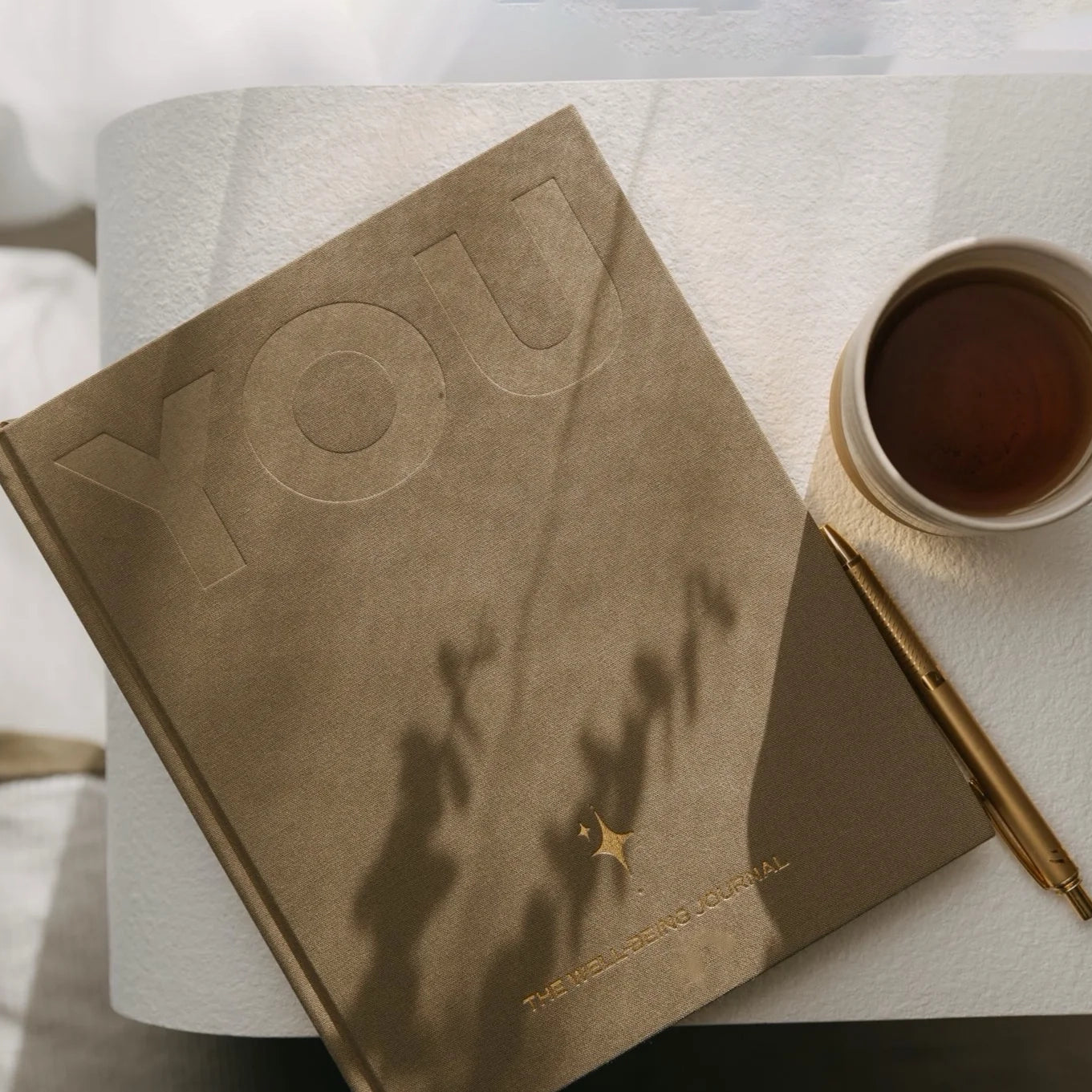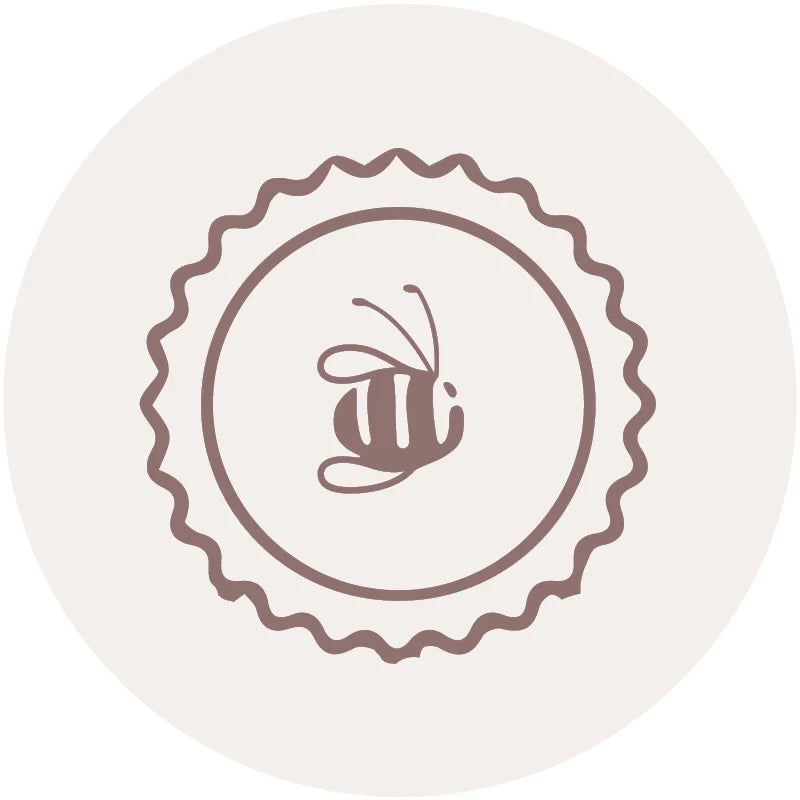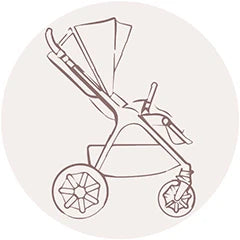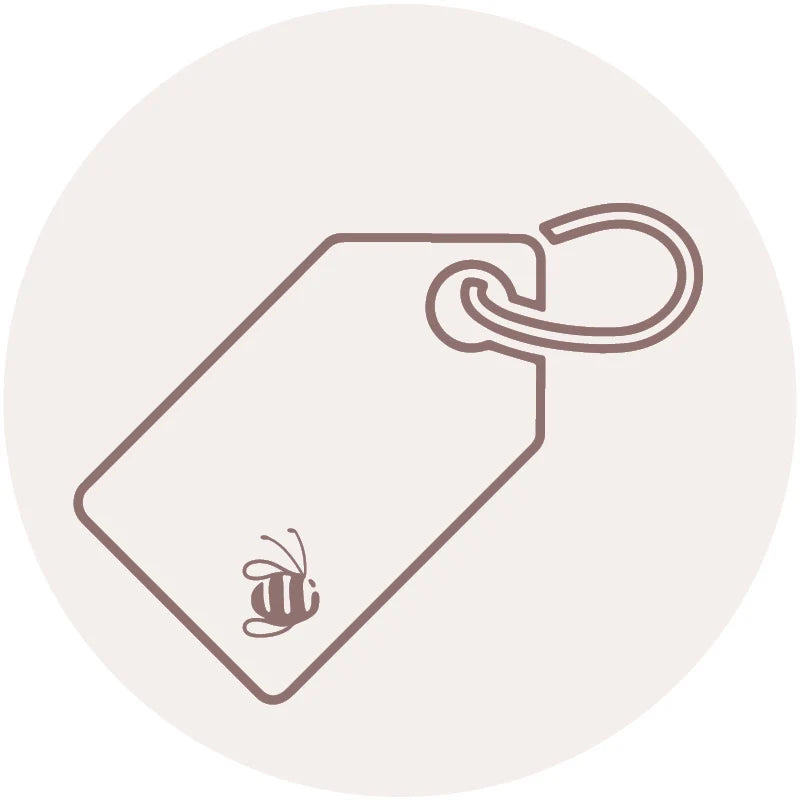Hello in there!
Here’s what happens during your second trimester of pregnancy.
The second trimester, marked from weeks 13 to 28, is often when pregnant women feel at their best. The major developments in your baby’s growth have slowed, which means the hormones (and all the horrible symptoms!) tend to ease now, too. Your baby bump will be popped out – so people stop wondering if you’ve just been eating too much cake – and you can also begin to feel a bit more reassured that your pregnancy will be viable. It’s extremely unusual to miscarry after week 12, which is why many parents wait until the second trimester to announce their impending addition to the family.
Your baby is busy refining the developments made in the first trimester, which means you’ll still feel reasonably light and mobile.
The second trimester is arguably the most exciting period in pregnancy. On top of feeling a lot better, you’ll also begin to see obvious signs of life. Some women feel movement as early as 13 weeks, but some don’t feel those first flutters until closer to 25 weeks. It all depends on your baby’s positioning, and where your placenta is. It’s in the second trimester that you’ll have scans that will tell you your baby is growing as it should, and, if you like, what sex it is. While the external sex organs are more clearly male or female now, scans can get it wrong – it’s not unheard of for parents to take home a little girl when they were expecting a boy (and vice versa!)
What happens to your body?
While your body is saving up all the really big changes until the third trimester, you’ll still notice a big shift.
Here are some symptoms you may experience:
- Feeling achy in your back, tummy, groin, or thighs
- Stretch marks on your tummy, breasts, thighs, or bum
- Darkening of the areola (skin around your nipple)
- Development of the linea nigra – a line on your skin running from belly button to pubic hairline
- Patches of darker skin on your cheeks, forehead, nose, or upper lip
- Numb or tingly hands
- Itchy tummy, palms or bottoms of the feet. If this is combined with fatigue, nausea and yellowed skin, call the doctor – it could be your liver.
- Swollen feet, ankles, face or fingers. If you puff up suddenly or gain weight quickly, call your doctor – it could be a sign of pre-eclampsia, which is serious.
The good news is that this is the trimester for the famous pregnancy glow. If you’re lucky, you might notice your hair getting lush and shiny, your nails growing faster, and your skin looking radiant. Not too bad right? Remember to treat yourself kindly – lots of good food, sleep and gentle exercise. You may notice feeling a little slower, or short of breath now, too – this is normal. Listen to what your body is telling you and try not to push yourself too hard.
What’s going on in there?
At 16 weeks, your baby is about 11.5 cm long and weighs a hefty 85 grams.
This trimester is all about putting the finishing touches on its little work of art. The bones and muscles are still forming and the skin appears – it’s nearly transparent.
Your baby will also be making its first poo! This is called meconium and develops in your baby's intestinal tract. The sucking reflex is working overtime, practising for the breast or bottle.
Whether or not you can feel it, your baby is also getting frisky in there, kicking arms and legs, and swimming around in that still-roomy sack.
At 20 weeks, the way your baby is measured changes. Before, your baby was measured from head to bum – it’s hard to measure those tiny legs when they’re all tucked up. At 20 weeks, people generally begin measuring foetuses from head to heel – so it can seem your baby has stretched from 15cm in week 19 to 25cm in week 20.
Your baby’s skin is now covered by fine, feathery hair, called lanugo, and a waxy protective coating called vernix. Other hair comes in too – eyebrows, lashes and the first tufts up on top. Your baby can swallow, and also has working ears – you may notice your baby’s movements respond to sound.
By 24 weeks, your baby is over halfway done – and babies born at this stage have even been known to survive, with a lot of medical help. There’s still plenty more left to do, though. Your baby needs to fatten up, and still has important elements developing: bone marrow begins to make blood cells, taste buds, footprints and fingerprints form, and sex organs are all present and accounted for. Your baby’s lungs are formed, but still don’t work.
What happens next? Read about your third trimester.


